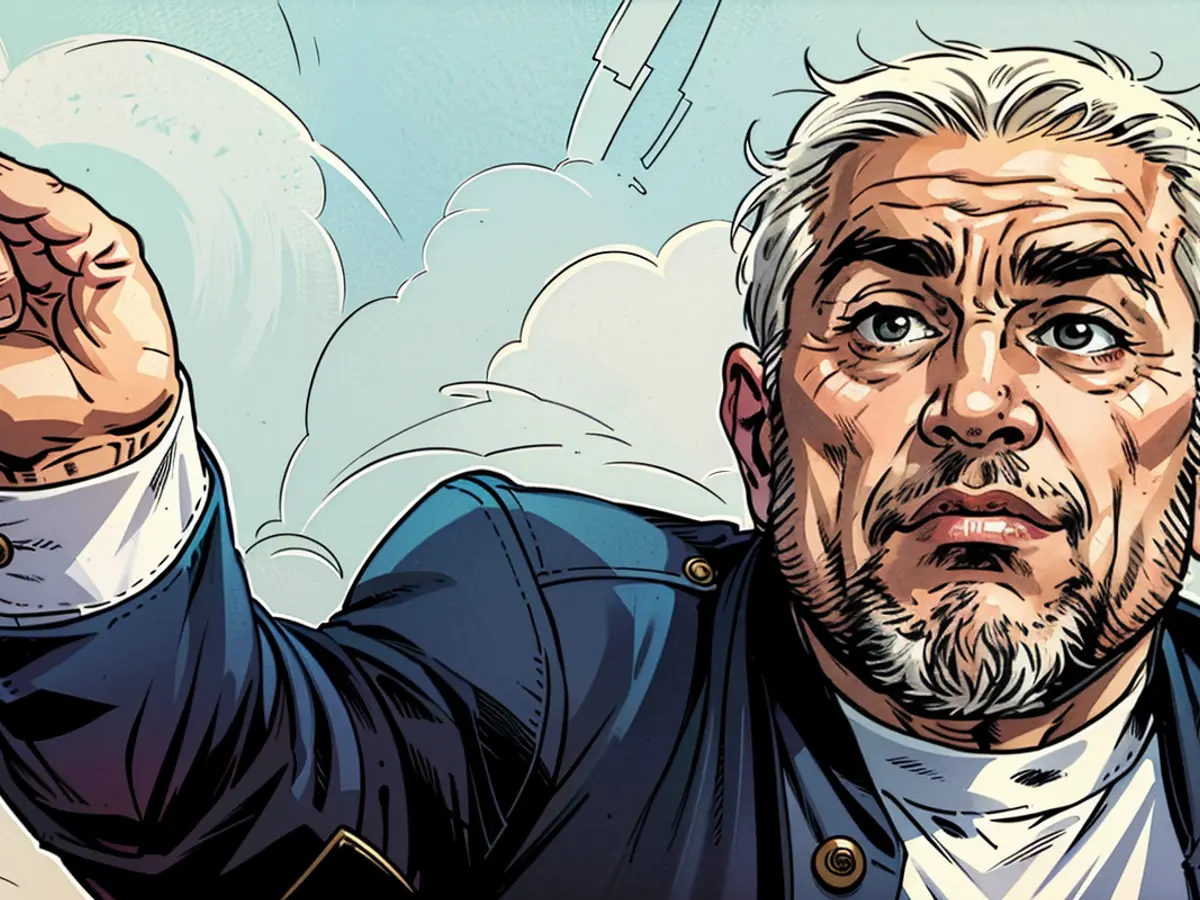Iran's vice president throws up after 11 days
Iran's president must find a new right-hand man, as his vice president has resigned just days after taking office. The selection of new ministers for the cabinet is said to be the reason for his decision.
Only eleven days after his appointment as the new vice president of Iran, Mohammed-Javad Sarif has resigned from his post and left President Massoud Peseschkian's cabinet. "I am not satisfied with my work and regret that I could not meet expectations," the moderate politician said on the X platform. Therefore, he prefers to return to his academic work at the university.
In his statement, Sarif hinted that the selection of new ministers for Peseschkian's cabinet was the reason for his decision. At least seven of the 19 nominated ministers were not the first choice, according to Sarif. "I hope that these decisions can be balanced out with new appointments," the long-time chief diplomat of the country wrote, without elaborating further.
Sarif's resignation is already the second crisis for Peseschkian since he took office at the end of July, following the killing of Hamas' foreign chief Ismail Haniyah in Tehran.
Significantly involved in election victory
Sarif was de facto Peseschkian's right-hand man in his presidential campaign and, due to his popularity, significantly involved in his election victory. After the election, Sarif was supposed to work with an expert group to compile a list of candidates for the posts of ministers and vice presidents. This list was supposed to be designed in such a way that the reforms promised by Peseschkian during the campaign could also be implemented.
After four weeks, Peseschkian presented a candidate list on Sunday that, according to observers, does not fit the plans and reform promises. Observers assume that the ultra-conservative faction and hardliners imposed some ministers on Peseschkian. Critics now accuse Peseschkian of not having resisted this influence.
Sarif was one of the key figures for Peseschkian in implementing his new foreign policy line. With him and a new diplomatic team, Peseschkian hoped to restart the nuclear talks, so that the sanctions that are currently paralyzing the Iranian economy could be lifted. Sarif served as the country's chief diplomat from 2013 to 2021 and was able to conclude the international nuclear agreement with the six world powers in 2015 as the head of the Iranian negotiating team.
The resignation of Mohammed-Javad Sarif has triggered criticism towards President Massoud Peseschkian, as many believe he did not resist the imposition of ultra-conservative ministers by the hardliners. The Commission, responsible for selecting ministers and vice presidents, has been a point of contention, with Sarif expressing dissatisfaction with the chosen candidates.
As a key figure in President Peseschkian's foreign policy, Sarif's resignation from The Commission could hinder efforts to restart nuclear talks and lift sanctions, as he played a crucial role in negotiating the international nuclear agreement in 2015.








